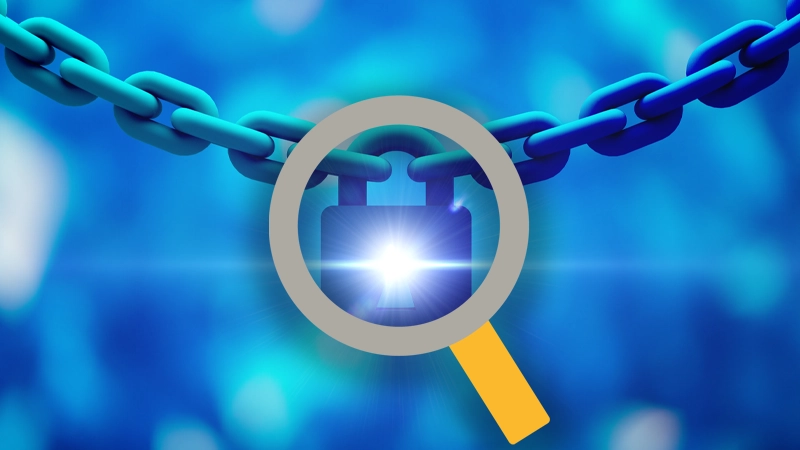California Consumer Privacy Act (CCPA)
Compliance Requirements for Businesses under the CCPA
Understanding The California Consumer Privacy Act (CCPA)
The California Consumer Privacy Act (CCPA) establishes critical privacy rights for residents of California, enabling them to inquire about the personal data collected by businesses, request deletion of this data, and opt out of its sale or sharing. Additionally, the CCPA allows consumers to correct inaccurate data and restrict the processing of sensitive personal information. The subsequent California Privacy Rights Act (CPRA), an amendment through Proposition 24, further strengthens these privacy measures by mandating businesses to adopt enhanced security practices and perform cybersecurity audits.
Under the CCPA, businesses have the duty to fulfill consumer requests regarding their personal data rights and to inform consumers about these rights. This includes obligations to reveal specific data collected, delete consumer data upon request, allow consumers to opt-out of data selling or sharing, correct data inaccuracies, and limit the processing of sensitive data. The CCPA’s goal is to empower consumers with greater control over their personal information, ensuring they are not discriminated against for exercising their rights. Compliance with the CCPA is essential for businesses to safeguard consumer privacy and to mitigate the risk of incurring fines for non-compliance.
CCPA Compliance: Risks and Penalties
Violations of the California Consumer Privacy Act (CCPA) carry steep financial consequences for businesses, with fines reaching up to $7,500 for each intentional breach and $2,500 for unintentional ones. Given the CCPA’s structure, where each affected consumer represents a distinct violation, penalties can escalate rapidly. Additionally, the Act empowers consumers to initiate civil lawsuits for data breaches involving their unencrypted and non-redacted personal information, attributed to a business’s failure to implement adequate security protocols. This provision not only emphasizes the importance of robust data protection strategies but also highlights the potential financial risks businesses face under the CCPA.
The severity of CCPA non-compliance underscores the necessity for businesses to adhere strictly to its mandates. While CCPA fines may appear modest compared to the GDPR’s maximum penalties of EUR 20 million or 4% of annual turnover, the cumulative effect of per-violation charges under the CCPA can result in substantial financial burdens. To mitigate these risks, businesses are urged to comply with CCPA requirements diligently, which include issuing clear privacy notices, efficiently handling consumer data requests, securing explicit consent for data collection and processing, and implementing stringent data security measures. Ensuring CCPA compliance is not just about avoiding fines but also about fostering trust and transparency with consumers.
CCPA Compliance Challenges
The California Consumer Privacy Act (CCPA) presents several hurdles for companies aiming to comply with its stringent requirements. From establishing robust data protection measures to managing consumer rights effectively, businesses must navigate a complex landscape to ensure full compliance. The CCPA not only mandates strict data handling practices but also requires transparent communication with consumers regarding their personal data.
What Customers Have to Say About PK Protect
“Data privacy is going to continue to be important. And given that we operate at a global scale, we have to stay on top of that. This is why we are making investments in technology and working with partners like PKWARE.”
Harveer Singh, Chief Data Architect & Global Head of Data, Western Union
Enhancing CCPA Compliance with PK Protect
PK Protect equips businesses with the necessary tools to meet the requirements of the California Consumer Privacy Act (CCPA) effectively. Through a combination of technical solutions and strategic approaches, PK Protect simplifies the process of securing sensitive data and ensuring regulatory compliance. Leveraging PK Protects advanced features allows businesses to strengthen their data protection measures and achieve CCPA compliance, thereby protecting consumer privacy and maintaining trust.
Advantages Of PK Protect for CCPA Compliance
Utilizing PK Protect for CCPA compliance not only secures sensitive data but also ensures organizations meet critical regulatory requirements efficiently and effectively. PK Protect streamlines CCPA compliance, offering a range of benefits that enhance data security and regulatory adherence:







